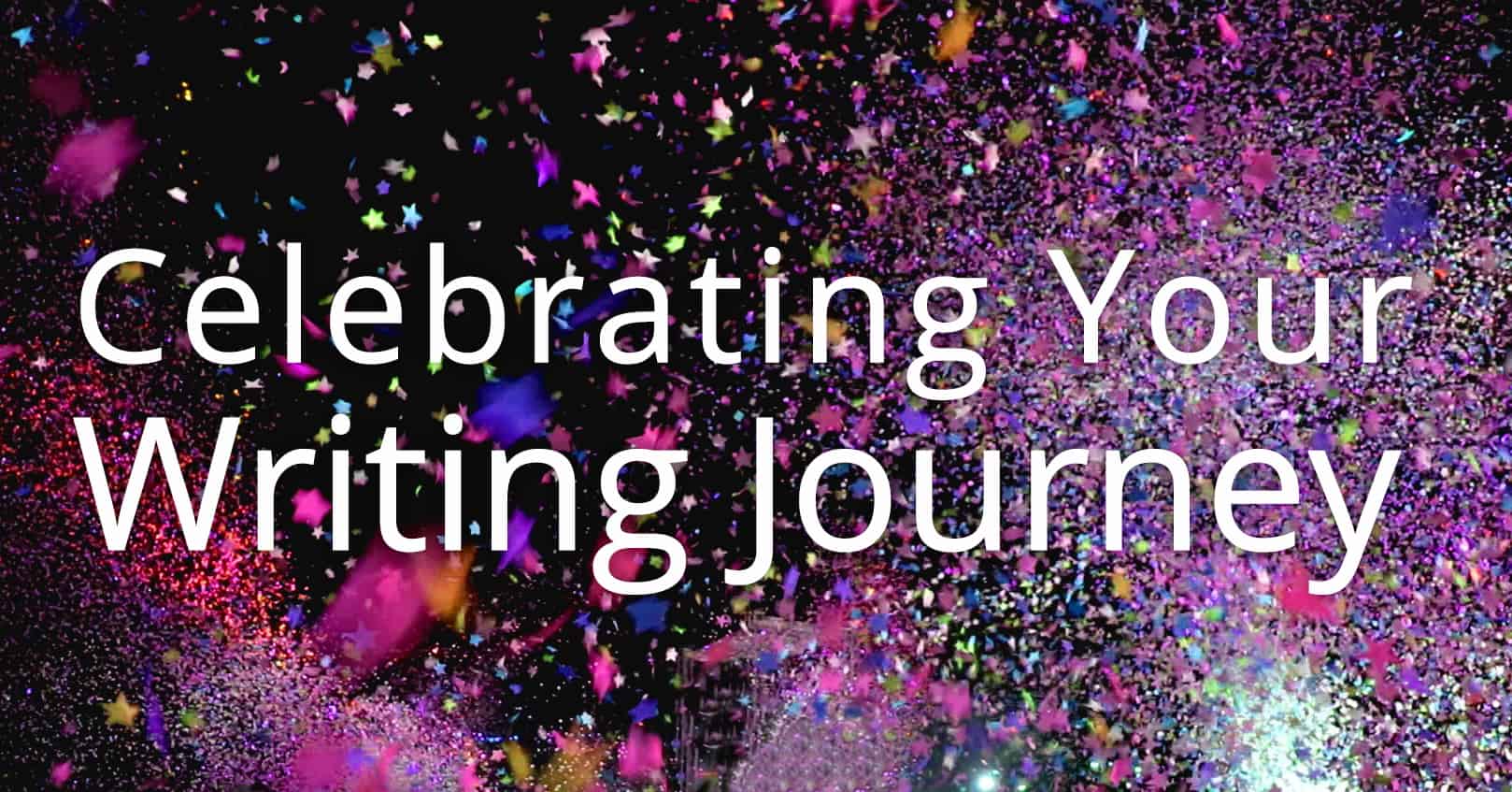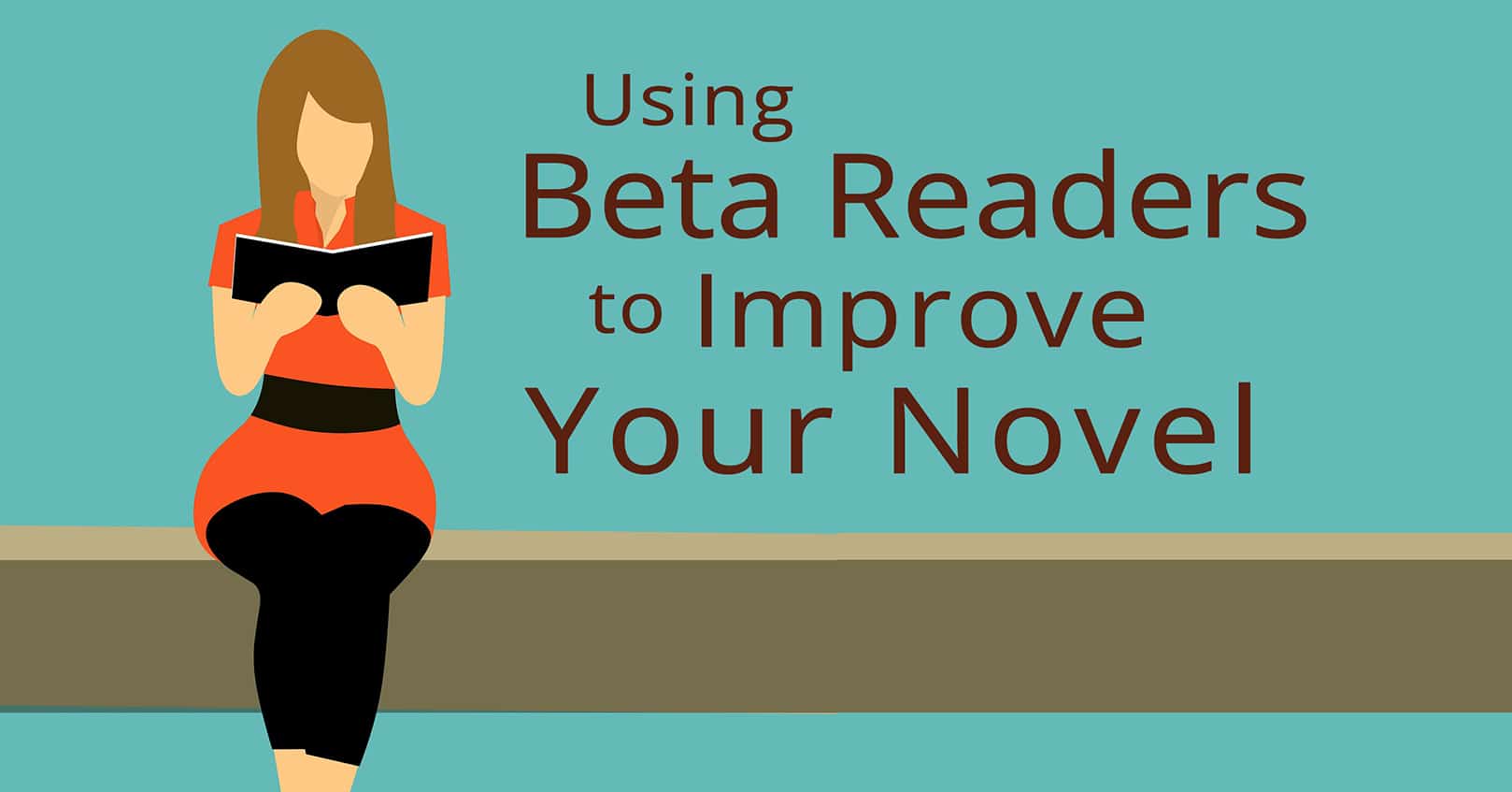
Before writing a novel, it’s important to do research on the location, the time period, the people, the food, and the hobbies and jobs of the characters. Many authors dread researching, but it can actually be fun! Here are a few ideas to help you research your novel.
Research your novel with experience
1. Write what you know—use personal experience to write your novel.
2. Visit restaurants that serve the same food your characters would eat in their location.
3. If you have the funds, travel to the location where your characters live.
4. Visit museum exhibits to discover more information about different locations and subjects.
5. Take classes on subjects your characters are interested or have talents in.
Read for research
6. Visit the library and find reference books on the subject.
7. Read novels that are in the same genre as the novel you’re writing (especially bestsellers).
8. Read magazines and journals on the subject.
Use the Internet
9. Look up videos on YouTube. Often a visual image will spark ideas you can include in your book.
10. Do a Google search and see what others have to say (be sure to check their sources, though, to make sure that what they’re saying is reliable).
11. Look up documentaries on the subject.
12. Look around on Pinterest for ideas, inspiration, and information.
Research by interacting with others
13. Call people who live in the location your novel takes place (even if it’s at random from the phone book!).
14. Interview people who have experience with the subjects you touch on in your novel.
15. Email or call experts in the field you need to learn more about, asking them just a few specific questions about the topic that you wouldn’t be able to easily find answers to elsewhere.
16. Watch others who are similar to your characters to see how they think, feel, and talk.
Miscellaneous ideas
17. Write down everything you discover and learn. You don’t need to use all the information you find—in fact, you absolutely won’t used it all—but it’s better to collect more than you’ll use than to have too little. Until you finish the actual writing, you never know what tidbit you might need to pull in.
18. Type up and organize your notes in a way that makes sense to you.
19. Don’t go so overboard when you research your novel that you start procrastinating the writing. If it’s helpful, set a time limit for your research.
20. After you begin your book, if you run into something minor you need to know (like the name or description of an object), you can always type XXXX as a placeholder and do the research for it later so you don’t bog down the writing at a moment when the writing is flowing.
21. Leave some of the things you researched out when you write. It’s extremely jarring to the reader when an author stops the flow of the story to explain how something works or what something means. If it isn’t pertinent to the story and doesn’t introduce confusion by its omission, leave it out! With your research, you can make sure your characters are using the correct terms and reacting appropriately, but you don’t have to include every detail of what you researched. A little authentic flavor goes a long way.
We hope this post has given you some researching ideas. Do you have any tips or tricks on how to research your novel? We’d love to hear in the comments!
















This 21 research guide has been so helpful. I have got a writing tip for you and your readers. Have you tried using the silly tweets on Twitter and The silly articles on Facebook as writing prompts? If not it’s worth a try.
I have written 2 short stories, i would love to send them to you for your feedback
Thanks for the tips. I actually left the whole runaway/cops out of one story, maybe realized it needs the social issue part of life in a romance. But my mystery novel has twist of having no cops.
Catia, helpful article. I write a column for a local Writer’s Organization. On occasion, I will get permission and use a column such as yours instead of writing my own. I always cite the author.
I’m wondering if you’d be letting me use this column for that purpose. If so, please give me the wording to use to cite you and your columns.
Thanks.
Judythe, you’re welcome to use quotes from the article as long as you include a link back to this page, or write a summary of the post and link back to this page, but please don’t use the entirety of the post, as that would be flagged as duplicate content by Google. Thanks!
Thanks, Catia.
Judythe
First and foremost, Thanks for putting your knowledge out there to help others.
I am a first time novel writer, and research has always been fun to me even if it has nothing to do with my current book project, all of your tips are spot on a few I have not tried in past but am going to insert them in to my current researching habits. Thanks for being you and doing what you do
Sincerely William Graham
Yes seeing through it but as they are passing through it they grasp a concept and learn it WELL ONE would hope that they grasp it and have personal growth from it.
Sincerely,
Fernando Augusto Osorio
Book Cave I love it! Its like the allegory of the cave hence me wanting a mentor get it? I love it even more that I remembered that Glaucon was with his mentor Socrates hence me wanting a mentor also, your Book Cave could be a very good site for me.
Greatest regards,
Fernando Augusto Osorio
I want to write a book in the future and would like a mentor what would you suggest I do to go about getting a mentor?
Thanks,
Fernando Augusto Osorio